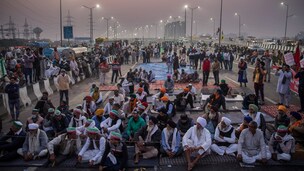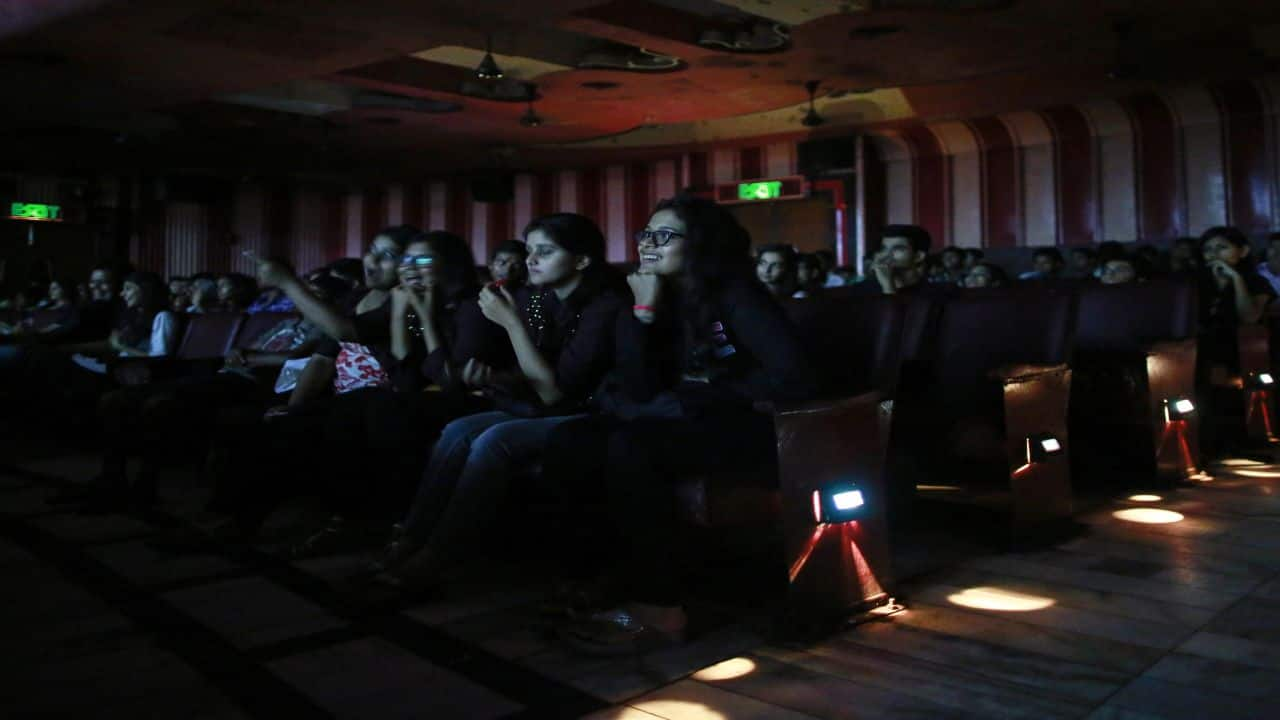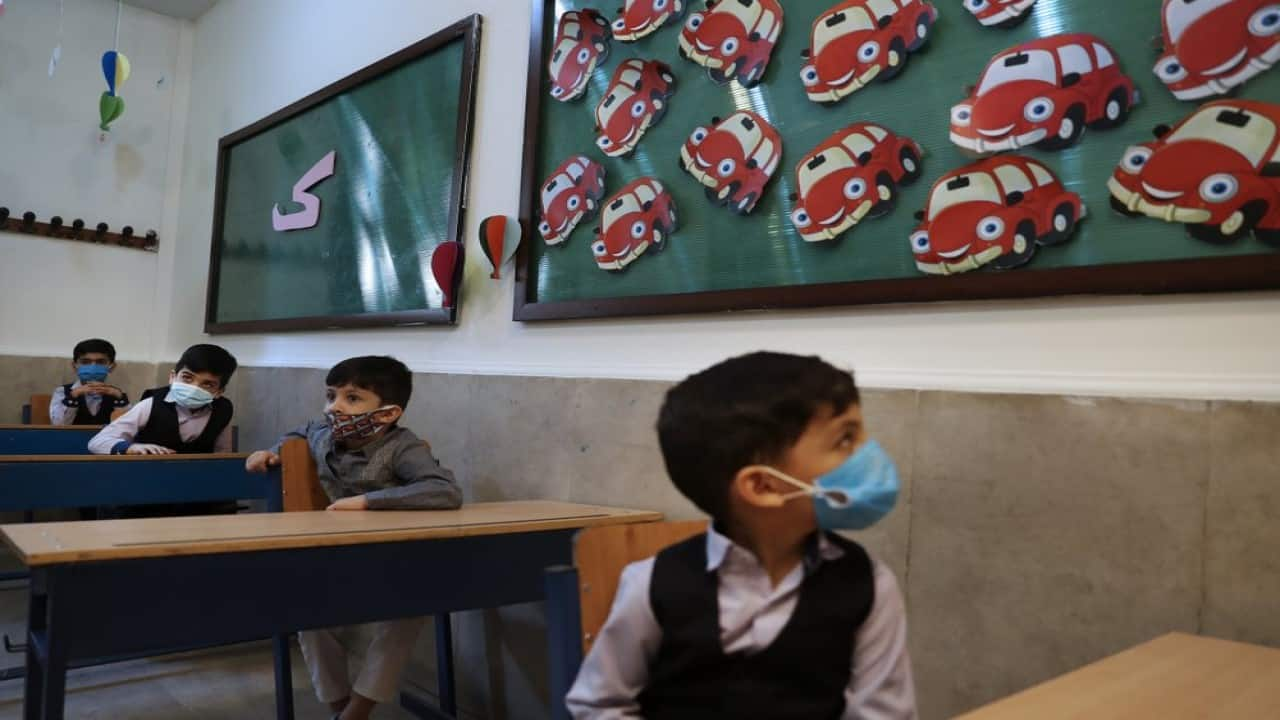COVID-19 vaccine | Covaxin can generate antibodies that may persist for 6-12 months, says study
Bharat Biotech's COVID-19 vaccine, Covaxin, has been developed in collaboration with the Indian Council of Medical Research (ICMR) - National Institute of Virology (NIV).
December 23, 2020 / 08:19 PM IST
Bharat Biotech, which received the approval for phase III clinical trial of COVID-19 vaccine Covaxin on October 22, is aiming for June 2021 launch.
Bharat Biotech's COVID-19 vaccine, Covaxin, has showed long-term antibody and T-cell memory responses (three-months after vaccination) in phase I volunteers, and tolerable safety outcomes in the Phase II trials, a paper has said.
According to the research, Covaxin can also generate antibodies that may persist for six to 12 months.
The study, which has not been peer reviewed and the findings of which are provisional, also said during the phase II clinical trial, a total of 380 healthy children and adults were randomised to receive two vaccine formulations.
"After two doses, local and systemic adverse reactions observed in both vaccine groups were minimal, and the majority of them resolved within 24 hours of onset. No serious adverse events were reported in this study," the study said.
Follow our LIVE Updates here.
Covaxin has been evaluated in approximately 1,000 subjects in Phase I and Phase II clinical trials, with promising safety and immunogenicity results, Bharat Biotech had earlier said in a statement.
The indigenously developed COVID-19 vaccine has been developed in collaboration with the Indian Council of Medical Research (ICMR) - National Institute of Virology (NIV).
Read: AstraZeneca says its vaccine should be effective against new coronavirus variant
The company had on December 22 announced recruitment of 13,000 volunteers and continued progress towards achieving the goal of 26,000 participants for the Phase III clinical trials of the vaccine.
The company had started the phase III clinical trials in mid-November.










_2020091018165303jzv.jpg)

























